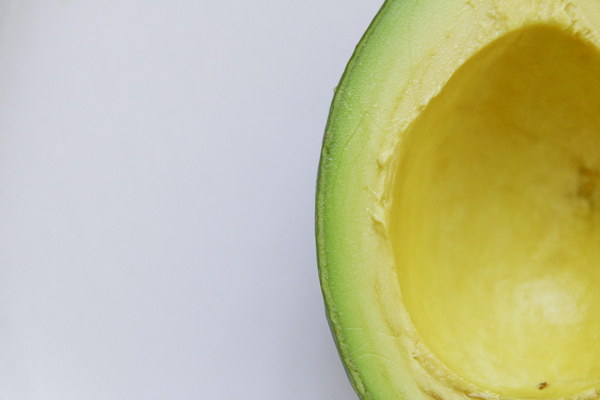Nourishing Your Way to Back Health A Comprehensive Guide to Nutritional Supplements for Lumbar Degeneration
Lumbar degeneration, also known as lumbar spondylosis, is a common condition that affects millions of people worldwide. It occurs when the spinal discs in the lower back lose hydration, leading to pain, stiffness, and reduced mobility. While medication and physical therapy are crucial components of treatment, a well-rounded approach that includes nutritional supplements can significantly improve your quality of life. This article delves into the world of nutritional supplements for lumbar degeneration, offering insights into the most beneficial options to help you on your journey to back health.
1. Glucosamine and Chondroitin
Glucosamine and chondroitin are popular supplements known for their ability to support joint health. These compounds are naturally found in the cartilage that cushions the bones in your spine, and they play a vital role in maintaining its integrity. Studies have shown that these supplements can help reduce pain and inflammation in individuals with lumbar degeneration.
To maximize the benefits, it is recommended to take 1,500 mg of glucosamine and 1,200 mg of chondroitin daily. It may take several weeks for you to notice an improvement in your symptoms, so patience is key.
1. Omega-3 Fatty Acids
Omega-3 fatty acids, found in fish oil, flaxseeds, and walnuts, are essential for maintaining a healthy inflammation response in the body. Chronic inflammation is a significant factor in the progression of lumbar degeneration, and omega-3s can help combat this by reducing inflammation and promoting joint health.
Aim to consume 500 mg of omega-3 fatty acids daily from a high-quality fish oil supplement or by incorporating more omega-3-rich foods into your diet.
1. Vitamin D
Vitamin D is crucial for maintaining bone health, and deficiencies have been linked to an increased risk of developing lumbar degeneration. This nutrient plays a vital role in calcium absorption and bone metabolism, which are essential for keeping your spine strong and healthy.

To ensure adequate vitamin D levels, it is recommended to take a daily supplement containing 1,000 to 2,000 IU of vitamin D. Additionally, expose your skin to sunlight for at least 10-15 minutes daily, as sunlight is a natural source of vitamin D.
1. Calcium and Magnesium
Calcium and magnesium are vital minerals that work together to maintain bone density and strength. While calcium is well-known for its role in bone health, magnesium helps with the absorption and utilization of calcium in the body.
Adequate levels of both minerals are essential for preventing and treating lumbar degeneration. Aim to consume 1,000 mg of calcium and 400-500 mg of magnesium daily, either through supplements or a balanced diet that includes dairy products, leafy greens, nuts, seeds, and whole grains.
1. Turmeric
Turmeric is a spice commonly used in Indian and Middle Eastern cuisine, and it has been shown to have powerful anti-inflammatory properties. The active compound in turmeric, curcumin, can help reduce inflammation in the spine, which may alleviate pain and stiffness associated with lumbar degeneration.
To reap the benefits of turmeric, consider taking a curcumin supplement with black pepper, as black pepper increases the absorption of curcumin in the body. Aim for a daily dosage of 500-1,000 mg of curcumin.
1. Hydration
Staying hydrated is crucial for overall health, including spinal health. Adequate water intake helps maintain the integrity of the spinal discs, which are primarily composed of water. Dehydration can lead to reduced disc hydration, exacerbating pain and stiffness in individuals with lumbar degeneration.
Ensure you drink at least 8-10 glasses of water daily, and consider adding a slice of lemon or cucumber to your water to enhance flavor and provide additional health benefits.
In conclusion, incorporating these nutritional supplements into your daily routine can help alleviate symptoms of lumbar degeneration and promote overall spinal health. However, it is essential to consult with a healthcare professional before starting any new supplement regimen, as they can help determine the most suitable options for your individual needs. Remember, a balanced diet, regular exercise, and a healthy lifestyle are all crucial components of managing lumbar degeneration and maintaining a pain-free life.









